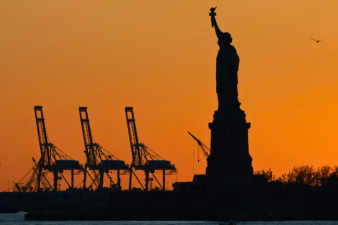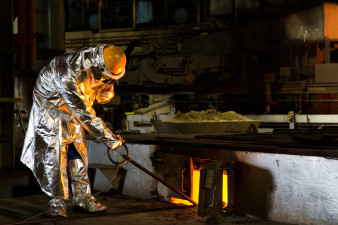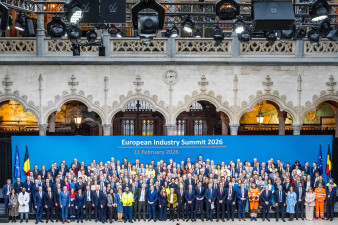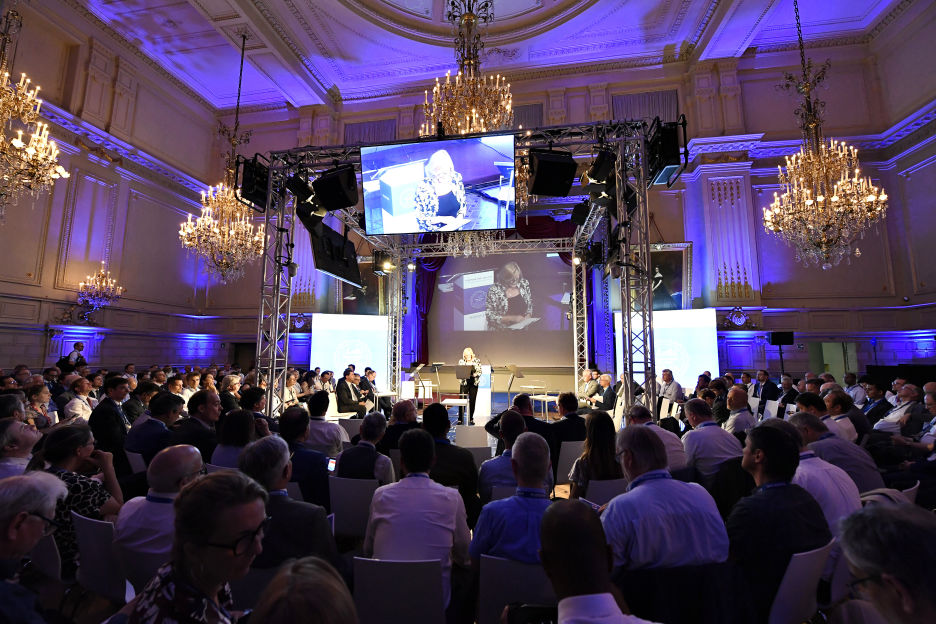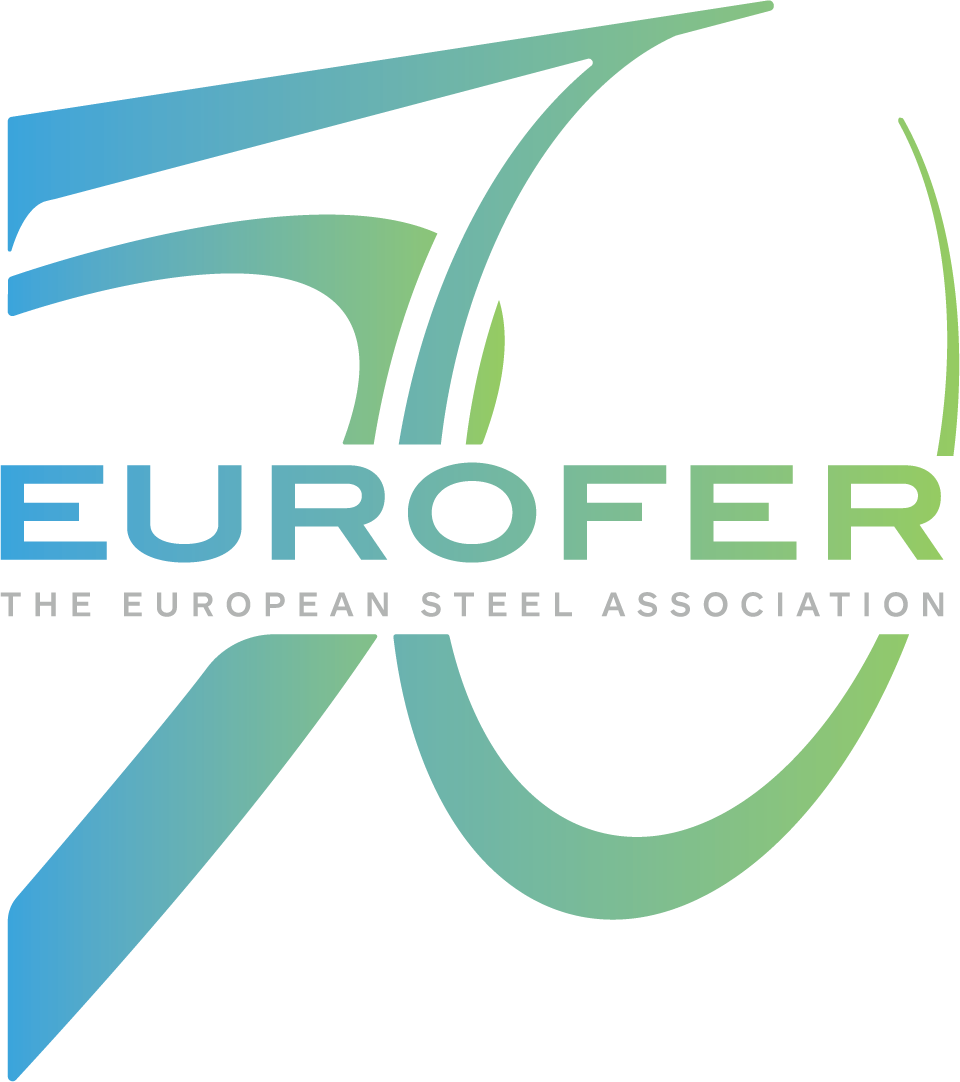Recent updates
More recent content from European Steel Association can be found below
Press release: EU steel exports to U.S. plunge 30% as industry calls for a fair, enforceable trade deal
Brussels, 20 February 2026 – EU steel exports to the United States fell by 30% in the second half of 2025 compared to the same period in 2024, after the imposition of 50% tariffs according to new Eurostat data. The expansion of the U.S. tariff regime to include downstream steel-intensive products, such as machinery and equipment, is expected to amplify its impact on both EU steel producers and their customers. The European Steel Association (EUROFER) said the figures underscore the need for any EU-US trade agreement to be fair, balanced and enforceable.
Position paper: Protecting workers while preserving Europe’s Industrial Backbone: Industries' Recommendations regarding benzo[a]pyrene in the 6th revision of the CMR Directive
Joint Industry Statement
Press release: Steel industry warns EU high electricity prices threaten Europe’s economic competitiveness
Brussels, 11 February 2026 - The European Steel Association (EUROFER) has backed a call to action adopted by European companies and industries in Antwerp today, which includes a demand on the EU to take urgent action to bring electricity prices down as a condition for Europe’s industrial drive, competitiveness and economic resilience.
